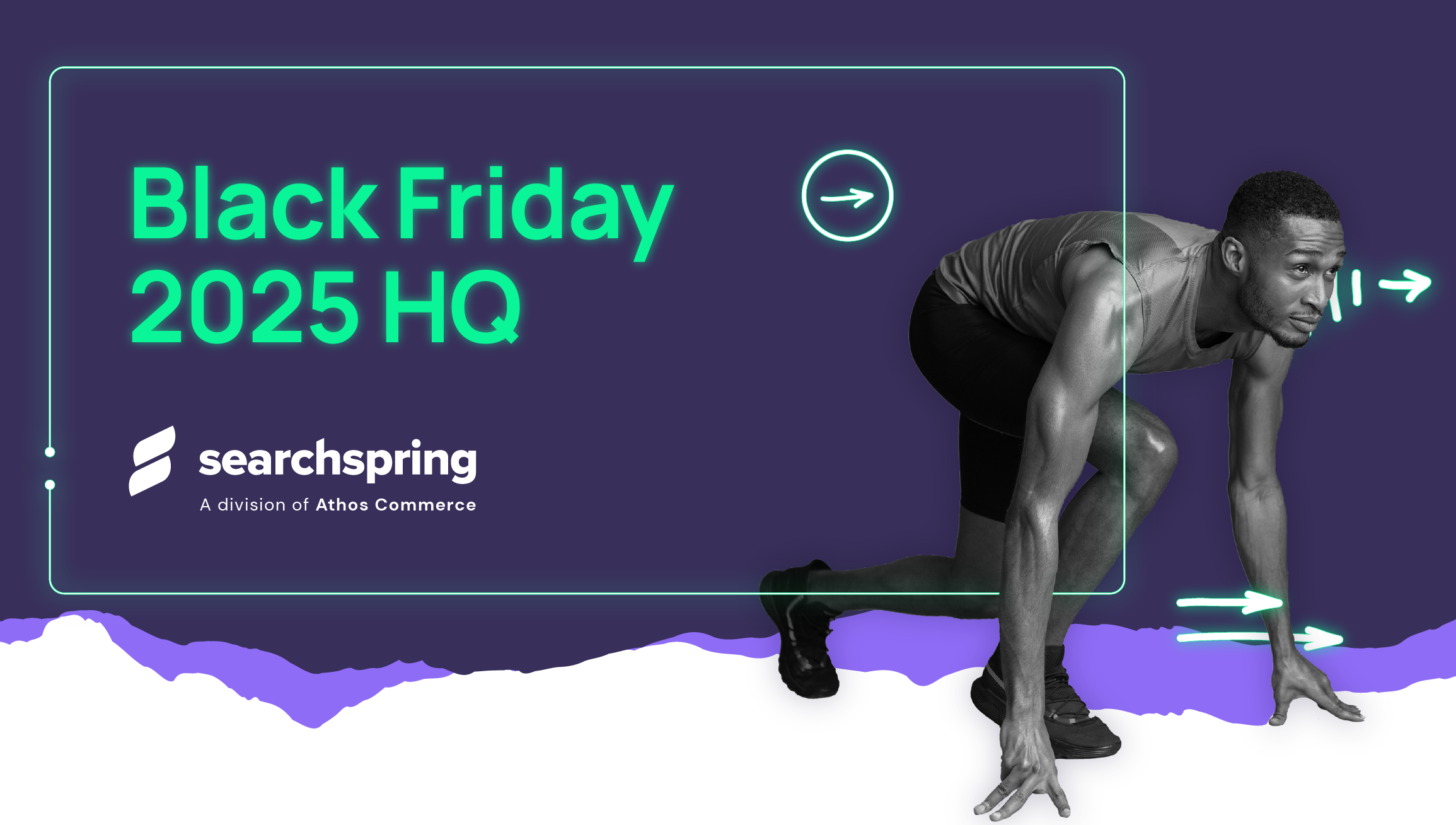How ecommerce sites connect with customers has been forever changed. One of the biggest ecommerce evolutions is the introduction of personalization. No longer limited to mere product recommendations – personalization in ecommerce has become a dynamic strategy that tailors every touchpoint to meet individual customer preferences, needs, and behaviors.
Let’s dive into the impact of ecommerce personalization, how it is continuing to change the game, and why it matters more than ever before.
Understanding Ecommerce Personalization
Ecommerce Personalization is the practice of curating unique shopping experiences for each individual based on their past interactions, preferences, and browsing history. Unlike the one-size-fits-all approach of old-school ecommerce recommendations, personalization leverages data to customize product recommendations, relevant search results, content (such as landing pages), emails, and text messages.
-
Enhanced Customer Engagement
The world of ecommerce is highly competitive, making personalization a powerful tool to engage customers on a deeper level and convert more. By understanding and anticipating customer needs, businesses can create tailored shopping experiences that resonate with their audience. This engagement fosters a sense of loyalty and trust, increasing the likelihood of repeat purchases.
-
Curating Relevant Recommendations
Gone are the days of sifting through endless product listings. Personalization algorithms analyze a shopper’s previous behavior, such as browsing history and purchases, to suggest more relevant products. This not only simplifies the shopping process but also exposes customers to items they might not have discovered otherwise.
-
Seamless User Experience
User experience is a cornerstone of successful ecommerce, and personalization plays a pivotal role in creating a seamless journey. Websites and apps can adapt their interfaces based on a customer’s history, ensuring that they are presented with the most relevant information and features. This intuitive experience enhances customer satisfaction and encourages longer browsing sessions.
-
Customized Content Delivery
Beyond products, personalization extends to content delivery. Online stores can tailor email, SMS text messages, blog posts, videos, search results, and landing pages to match a customer’s interests, creating a cohesive experience. This approach positions your site as a valuable resource and strengthens customer loyalty.
-
Building Lasting Relationships
Personalization fosters a sense of connection between the customer and the brand. By understanding individual preferences and adapting strategies accordingly, businesses establish a long-lasting rapport. Meaningful interactions lead to positive associations, making it more likely that shoppers will become brand advocates (and increase AOV).
-
Data-Driven Insights
The data collected through personalization offers valuable insights into customer behavior and preferences. This information helps guide strategic, data-driven decision-making, product development, and marketing and merchandising campaigns. By understanding what works and what doesn’t, businesses are able to refine strategies and stay ahead of trends.
The Future of Personalization
As technology continues to evolve, the possibilities for personalization in ecommerce are limitless.
Here are a few trends to watch for:
- AI and Machine Learning: Advanced algorithms will enable even more accurate predictions, improving the quality of personalized recommendations.
- Omnichannel Personalization: Consistent personalization across various channels, including social media, email, and mobile apps, will become the norm.
- Hyper-Personalization: Brands will go beyond broad customer segments, tailoring experiences down to an individual’s unique preferences and behaviors.
- Voice and Visual Search: Personalization will extend to voice and visual search, enabling customers to find products using images or voice commands.

Personalization in ecommerce has reshaped the way we connect with customers. Ecommerce site are expected to create a more engaging, relevant, and enjoyable shopping experience.
By leveraging data, technology, and customer insights, sites can develop deeper connections and build lasting relationships. Ecommerce personalization is here to stay and will remain a key for businesses to stand out and deliver exceptional value to shoppers.





